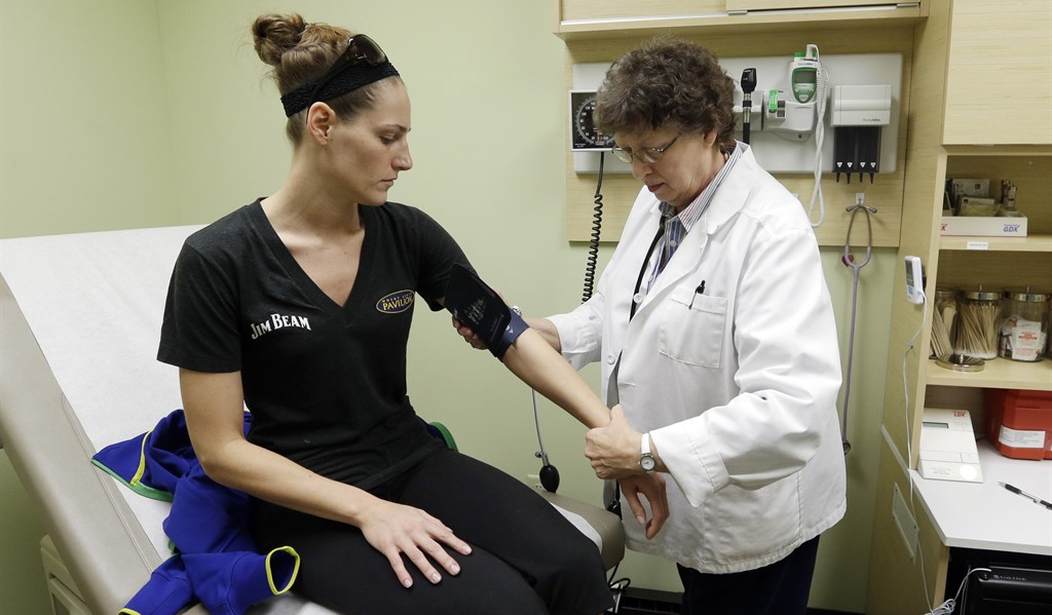What would you do with $100 million?
Arkansas could let this hypothetical situation become their reality as the future of Medicaid expansion comes under debate.
In 2014, Arkansas unfortunately took the bait of broken promises and expanded Obamacare to a new class of able-bodied adults.
We’re not here to debate the merits of Medicaid expansion as a whole, though the research overwhelmingly says there are few, if any. Expansion has been a disaster for states across the country, but Arkansas managed to find a way to make it even worse.
No, the topic of my reproach today is the specific way Arkansas chose to expand Medicaid. In an attempt to take a “conservative” approach to expansion, Arkansas and a few other states chose what is called the “private option” model, in which enrollees are usually assigned a plan through the Obamacare exchange with little choice in the matter.
The result was able-bodied adults, many of whom already had access to private insurance, getting significantly better coverage than the truly needy while bleeding taxpayers dry. When other states saw this outcome play out, in the form of exploding costs in Iowa and New Hampshire, they abandoned ship and reverted to a more traditional Medicaid expansion. Every state except Arkansas, that is.
In reality, the so-called conservative private option cost Arkansas more than double what the state would have paid if they had gone the traditional route. According to the Arkansas Department of Human Services (DHS), private option enrollees cost $607 per member per month, a stark contrast to the just $260 for these exact same enrollees before they are transferred onto private plans. Put simply, conventional, fee-for-service Medicaid is less than half the cost.
Recommended
That’s estimated to be nearly $100 million in unnecessary spending, paid for by Arkansas taxpayers, and billions of dollars spent by federal taxpayers.
Fortunately, Arkansas's legislature has the opportunity to turn this waste into savings and reduced deficits. All they have to do is let the private option model expire and transition the state to the conventional Obamacare expansion.
For Arkansas, this would generate nearly enough savings to pay for two major priorities: increasing teacher pay by $2,000 and expanding broadband.
Arkansas’s Medicaid Home and Community-Based Services waiting list also has roughly 2,800 people on it, comprised of individuals with severe disabilities. The total cost of removing them from the waiting list and giving them access to the services they need would cost approximately $56 million per year. These are truly needy individuals, not able-bodied adults, who rely on the program’s resources and they were pushed aside when Obamacare expanded.
Even if we buy down the Medicaid waiting list to zero using savings from transitioning to convention expansion, it still leaves more than enough money leftover to help rural communities in Arkansas living without access to reliable internet connection—a broadband problem that could be addressed with $25 million.
And even after those critical investments, millions in savings from ditching the private option model would still be left over.
There are many choices for worthy causes that would receive more than enough funding from revenue saved simply by transitioning from the private option to conventional Obamacare expansion. The opportunity cost of allowing the not-so-conservative private option method for expanding Obamacare to continue as-is is quite high—too high for the state legislature to waste this opportunity to let it expire and help Arkansas move on from past mistakes.
Nick Stehle is Vice President of Communications at the Foundation for Government Accountability

























Join the conversation as a VIP Member